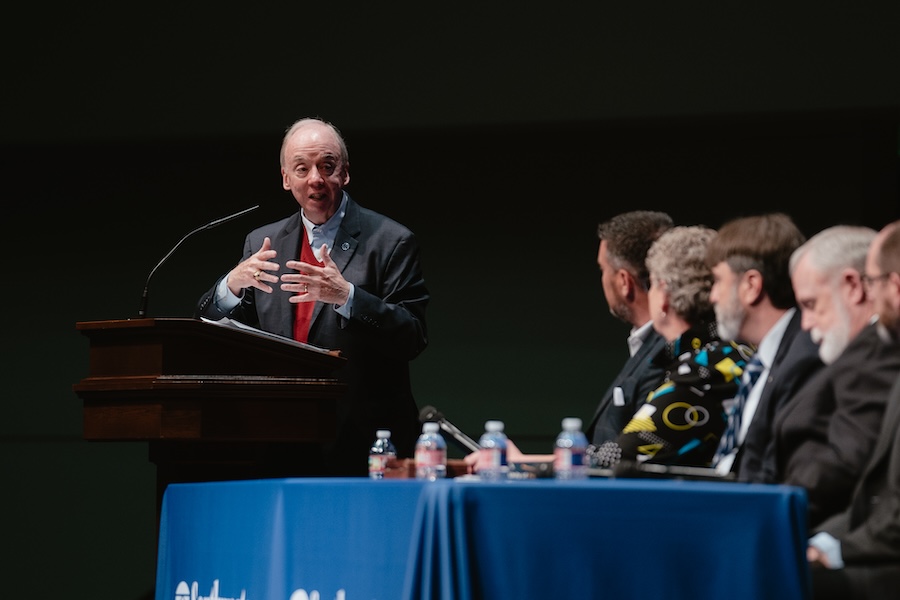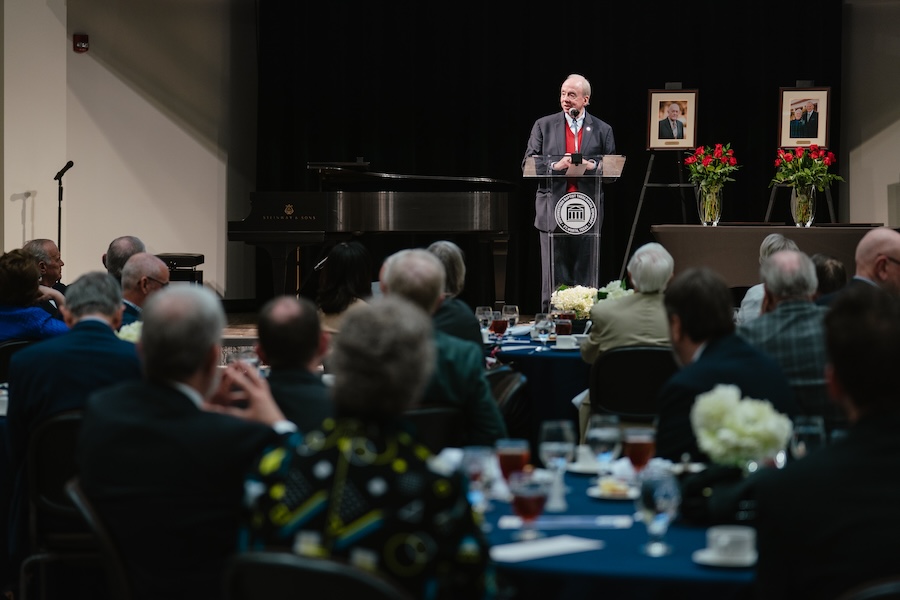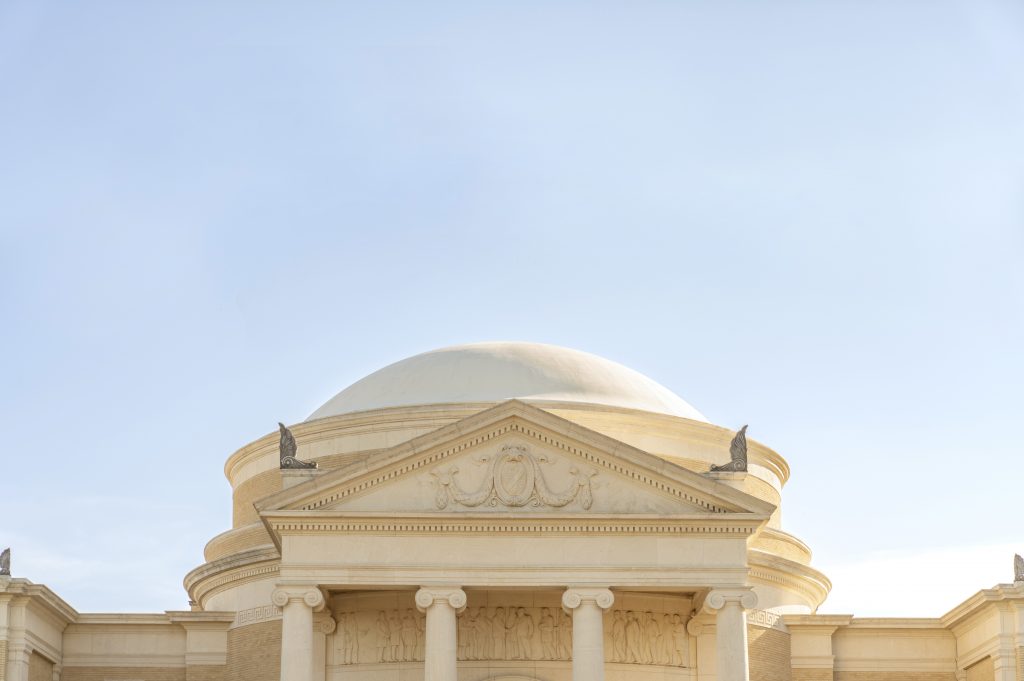How to find the right kind of worship pastor

Editor’s note: this article appears in the Fall 2022 issue of Southwestern News.
A few years ago, I was contacted by a church for its open worship pastor position. After a short phone conversation, we moved to the next step. Rather than auditioning my musical skills, they asked me to answer 10 questions. This questionnaire provided clear proof that churches desire worship leaders to be able to do more than lead music.
1. Please explain your theology of worship, giving biblical support.
2. How does worship connect with pastoral care? Give examples from your ministry experience.
3. From what the Bible both describes and prescribes in terms of worship, which elements are most important in the church’s gathered worship? Please provide us with an example of an order of worship that you recently planned and led.
4. If someone asked you to describe your strengths as a minister of music/worship pastor, what would you tell them? What are your areas of limitation in which you desire to grow?
5. Knowing the particular context of a church is vital for a member of the pastoral staff. Practically speaking, what would you do to get to know the context of our church?
6. Other than the Bible, list three or four books and/or authors who have been formative in your theology of worship and describe how/why they have been influential.
7. In what ways do you involve the congregation in gathered worship?
8. How have you taught a congregation the importance of family worship and personal devotional worship?
9. How do stylistic considerations flow out of your theology of worship?
10. Based on our church’s stated purpose of “_________,” please share how worship plays a role in fulfilling that purpose.

A worship leader/pastor who only focuses on music may struggle to answer questions like these. Worship leaders and pastors must receive pastoral training in addition to musical skills. Musical skills and leadership qualities are important, but a worship leader’s biblical and theological understanding of congregational worship is equally if not more important. The way we think about worship is extremely important because the way we worship shapes our faith.
Marc W. Brown serves as assistant professor of church music and worship at Southwestern Seminary.



